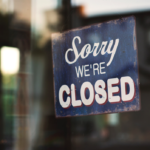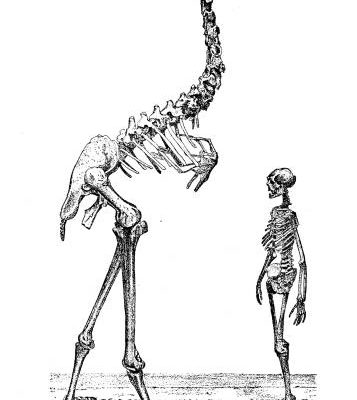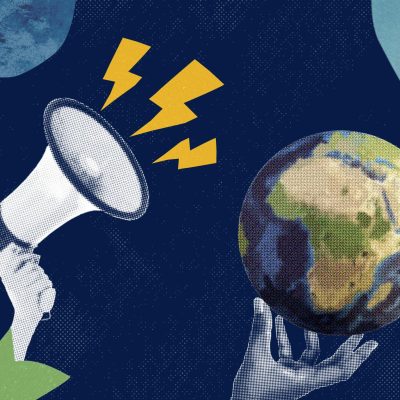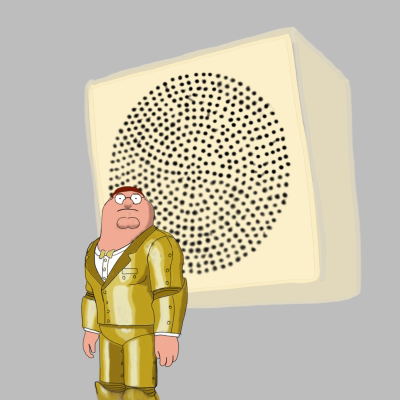Wake up, Bostonians — Our environment is falling apart
It’s no secret: residents of Massachusetts are disposing millions upon millions of tons of garbage year after year. For reference, the consumer advocacy group MASSPIRG Education Fund recently revealed that the people of Massachusetts discarded over 5.6 million tons of trash during 2016. Companies that work to process the trash of the commonwealth, like E.L Harvey & Sons, have noticed garbage piling up at an alarming rate. Out of concern, they have pleaded with the public to consider the environmental impact and consequences of carelessly throwing out a piece of trash.
Alongside the trash problem that is literally growing all around us, many Bostonians are also becoming more aware of what is at stake if our collective abandonment of the earth continues. Concerned citizens are alerting themselves and reading about who is responsible for environmental harm and destruction. Articles, videos and other media have made the public more aware of companies’ abuses of power and the resulting environmental harm, all for the sake of making a profit. Even with this knowledge publically available, we are all on thin ice.
As a result of our neglect, the stability of our environment continues to weaken. Based on the statistics provided by the U.S. Energy Information Administration, a whopping 80% of domestic energy production came from fossil fuels in 2019, and the production of natural gases has increased by approximately 15 quadrillion quads (a unit of energy equivalent to 1015 BTUs!).
Worried Boston locals have attempted to take action to slow down excessive waste and hold companies accountable for their negative impacts on the environment. Groups have spoken out through protests, organized events promoting environmental awareness and worked to increase public awareness of critically important issues. Yet, the battle with climate change still poses a strong threat to the city we live in.
“There are things that we need to do better in and fast”, says 19-year old Zamzam Warsame, a biology major at the University of Massachusetts Boston. “It is crucial that we as civilians also work hard to maintain our environment”.
Warsame also expressed concern over how dismissive the current U.S. president, Donald Trump, has been regarding the environment. As leader of the nation, his dismissive and uninformed outlook has the potential to influence others to not pay enough attention.
“The government should take more action in protecting our environment,” Warsame asserted, and she is not alone in these sentiments. In a poll conducted by Research Co, 46% of respondents to a survey have more faith in president-elect Joe Biden than in Trump regarding policy changes that will benefit the environment. Trump’s disregard for scientifically proven, critically urgent, and very reasonable concerns leave many confused and upset.
“Our former president doesn’t believe in climate change or any environmental concerns,” Warsame said. The concerns for Trump’s future actions regarding the environment have evidently not sat well with the public and the polls and election outcome reflect that.
So where do we go from here? The measures we must take to save our planet can feel overwhelming, but big changes can start with small actions. For example, paying close attention to things in one’s daily diet can make a difference. A decrease in animal product consumption can save a vast amount of resources normally used to raise animals that we eventually eat. Other actions to help make an impact includes refraining from environmental exploitation, like eating meat and loitering, and being more aware of both who and what people you choose to support.
Sunrise Boston, an organization that inspires youth to spread awareness on how to tackle the current climate crisis, encourages this kind of meaningful activism. Miriam Strodolsky, a 15-year old volunteer at Sunrise Boston, expressed genuine concern over the ongoing success of destructive companies, such as Shell.
“Both the government and companies have an equal amount of responsibility in taking care of our environment,” Strodolsky said. Countless protests and boycotts have happened in hopes of pushing company heads to have a more environmentally friendly approach to the creation and handling of their products.
“I consider myself an environmentalist,” Strodolsky explained, “but everyone should be environmentalists”. Being an environmentalist is not hard, and it can start with small changes or efforts to increase understanding of our shared earth. Unifying one another through small actions and awareness of what is at stake, being careful about who we support, and holding companies and people accountable for their actions and policies all contribute to changes that can fix and save our environment, in Boston and beyond.






